Home / health-care / Tea vs. Coffee: Which Beverage is More Beneficial for Your Health? Expert Insights
Tea vs. Coffee: Which Beverage is More Beneficial for Your Health? Expert Insights
By: My India Times
4 minutes read 74Updated At: 2025-01-23

As winter approaches, few pleasures rival the comfort of a hot cup of tea or coffee. Both beverages enjoy global popularity, with India possessing a particularly significant cultural connection to them. For many individuals, a cup of tea or coffee signifies the initiation and conclusion of their day. Nonetheless, the discourse between tea enthusiasts and coffee supporters persists. Tea advocates tout the various health benefits associated with their preferred choice, while coffee enthusiasts maintain that coffee serves as the ultimate energizing beverage.
This enduring discussion prompts an intriguing inquiry – which option is genuinely superior for your health, tea or coffee? To provide clarity on this matter, we consulted Dr. Geeta Shroff, Director of the Newbella Center for Women’s Health in New Delhi. Let us delve into the health advantages associated with both beverages and ascertain which one may be more suitable for you.
Health Advantages of Tea and Coffee
Both tea and coffee are abundant in antioxidants and caffeine, contributing to their respective health benefits. However, the influence of these beverages manifests differently in significant ways.
Tea: The Soothing Beverage
Tea, particularly green and black varieties, contains high levels of polyphenols, a class of antioxidants. These compounds assist in neutralizing detrimental free radicals in the body, thereby enhancing overall health. A critical component found in tea is L-theanine, an amino acid that imparts a tranquil effect on the mind. Tea can alleviate stress and anxiety, fostering improved mental relaxation.
Moreover, tea may enhance sleep quality by encouraging relaxation without provoking jitters or excessive stimulation, as its caffeine content is comparatively lower than that of coffee. For individuals struggling with sleep onset or elevated stress, tea represents an excellent choice.
Coffee: The Revitalizing Brew
Conversely, coffee is primarily recognized for its caffeine content, which can deliver a rapid energy boost. Consuming coffee increases alertness and cognitive clarity, making it a favorable option for those requiring a quick energizer during work or study periods.
Furthermore, coffee is linked to numerous health advantages due to its significant antioxidant levels and essential nutrients such as vitamin B2, potassium, and magnesium. Research has demonstrated that moderate coffee consumption may reduce the risk of developing type 2 diabetes, Alzheimer’s disease, and even cardiovascular disease. Additionally, it stimulates metabolism, making it a beneficial beverage for individuals aiming to enhance physical performance or manage weight.
If you are sensitive to caffeine, tea may be a better option. Tea contains less caffeine, making it less likely to cause these negative reactions. Moreover, the presence of L-theanine in tea can balance the stimulating effects of caffeine, offering a more balanced experience without overstimulation.
On the other hand, coffee is better for those seeking a stronger caffeine boost. However, if you are someone who is sensitive to caffeine or looking for a more gradual energy lift, tea may be a gentler alternative.
Choosing Between Tea and Coffee Based on Health Goals
When deciding between tea and coffee, it’s important to consider your health goals. Each drink offers different benefits, and your choice should align with your specific needs.
For Energy and Physical Performance: If your goal is to stay alert, increase energy, or improve physical performance, coffee may be your best bet. The higher caffeine content will help you feel more awake and energized, making it ideal for a morning routine or post-workout recovery.
For Stress Relief and Relaxation: If you're looking for a drink to unwind and relax, tea is the better choice. Tea’s calming properties help reduce stress and improve sleep quality, offering a gentle, soothing experience without the overstimulation of caffeine.
For Weight Management: Both tea and coffee can aid in weight management. Coffee helps boost metabolism, while certain types of tea, like green tea, have been shown to assist in fat burning and weight loss.
For Overall Health: Both beverages contain antioxidants that help protect the body from free radical damage. However, if you are looking for a low-calorie drink with fewer potential side effects, tea might be the healthier option.
Moderation is Key: Enjoy Both in Balance
In the end, both tea and coffee have their own health benefits, and moderation is key. Drinking them in moderate amounts can contribute positively to your overall health. It’s important to be mindful of your body’s caffeine tolerance and adjust your consumption accordingly.
Dr. Geeta Shroff recommends that individuals consult with a healthcare provider to determine if caffeine is right for them, especially for those with pre-existing health conditions or sensitivity to caffeine.
....As winter approaches, few pleasures rival the comfort of a hot cup of tea or coffee. Both beverages enjoy global popularity, with India possessing a particularly significant cultural connection to them. For many individuals, a cup of tea or coffee signifies the initiation and conclusion of their day. Nonetheless, the discourse between tea enthusiasts and coffee supporters persists. Tea advocates tout the various health benefits associated with their preferred choice, while coffee enthusiasts maintain that coffee serves as the ultimate energizing beverage.
This enduring discussion prompts an intriguing inquiry – which option is genuinely superior for your health, tea or coffee? To provide clarity on this matter, we consulted Dr. Geeta Shroff, Director of the Newbella Center for Women’s Health in New Delhi. Let us delve into the health advantages associated with both beverages and ascertain which one may be more suitable for you.
Health Advantages of Tea and Coffee
Both tea and coffee are abundant in antioxidants and caffeine, contributing to their respective health benefits. However, the influence of these beverages manifests differently in significant ways.
Tea: The Soothing Beverage
Tea, particularly green and black varieties, contains high levels of polyphenols, a class of antioxidants. These compounds assist in neutralizing detrimental free radicals in the body, thereby enhancing overall health. A critical component found in tea is L-theanine, an amino acid that imparts a tranquil effect on the mind. Tea can alleviate stress and anxiety, fostering improved mental relaxation.
Moreover, tea may enhance sleep quality by encouraging relaxation without provoking jitters or excessive stimulation, as its caffeine content is comparatively lower than that of coffee. For individuals struggling with sleep onset or elevated stress, tea represents an excellent choice.
Coffee: The Revitalizing Brew
Conversely, coffee is primarily recognized for its caffeine content, which can deliver a rapid energy boost. Consuming coffee increases alertness and cognitive clarity, making it a favorable option for those requiring a quick energizer during work or study periods.
Furthermore, coffee is linked to numerous health advantages due to its significant antioxidant levels and essential nutrients such as vitamin B2, potassium, and magnesium. Research has demonstrated that moderate coffee consumption may reduce the risk of developing type 2 diabetes, Alzheimer’s disease, and even cardiovascular disease. Additionally, it stimulates metabolism, making it a beneficial beverage for individuals aiming to enhance physical performance or manage weight.
If you are sensitive to caffeine, tea may be a better option. Tea contains less caffeine, making it less likely to cause these negative reactions. Moreover, the presence of L-theanine in tea can balance the stimulating effects of caffeine, offering a more balanced experience without overstimulation.
On the other hand, coffee is better for those seeking a stronger caffeine boost. However, if you are someone who is sensitive to caffeine or looking for a more gradual energy lift, tea may be a gentler alternative.
Choosing Between Tea and Coffee Based on Health Goals
When deciding between tea and coffee, it’s important to consider your health goals. Each drink offers different benefits, and your choice should align with your specific needs.
For Energy and Physical Performance: If your goal is to stay alert, increase energy, or improve physical performance, coffee may be your best bet. The higher caffeine content will help you feel more awake and energized, making it ideal for a morning routine or post-workout recovery.
For Stress Relief and Relaxation: If you're looking for a drink to unwind and relax, tea is the better choice. Tea’s calming properties help reduce stress and improve sleep quality, offering a gentle, soothing experience without the overstimulation of caffeine.
For Weight Management: Both tea and coffee can aid in weight management. Coffee helps boost metabolism, while certain types of tea, like green tea, have been shown to assist in fat burning and weight loss.
For Overall Health: Both beverages contain antioxidants that help protect the body from free radical damage. However, if you are looking for a low-calorie drink with fewer potential side effects, tea might be the healthier option.
Moderation is Key: Enjoy Both in Balance
In the end, both tea and coffee have their own health benefits, and moderation is key. Drinking them in moderate amounts can contribute positively to your overall health. It’s important to be mindful of your body’s caffeine tolerance and adjust your consumption accordingly.
Dr. Geeta Shroff recommends that individuals consult with a healthcare provider to determine if caffeine is right for them, especially for those with pre-existing health conditions or sensitivity to caffeine.
By: My India Times
Updated At: 2025-01-23
Tags: health-care News | My India Times News | Trending News | Travel News
Join our WhatsApp Channel





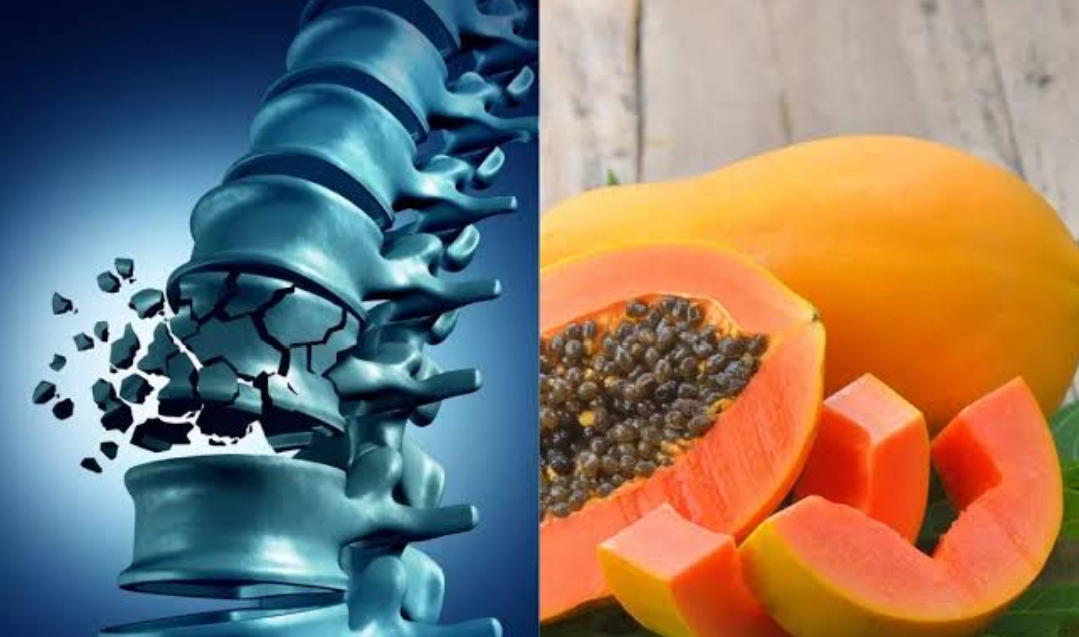
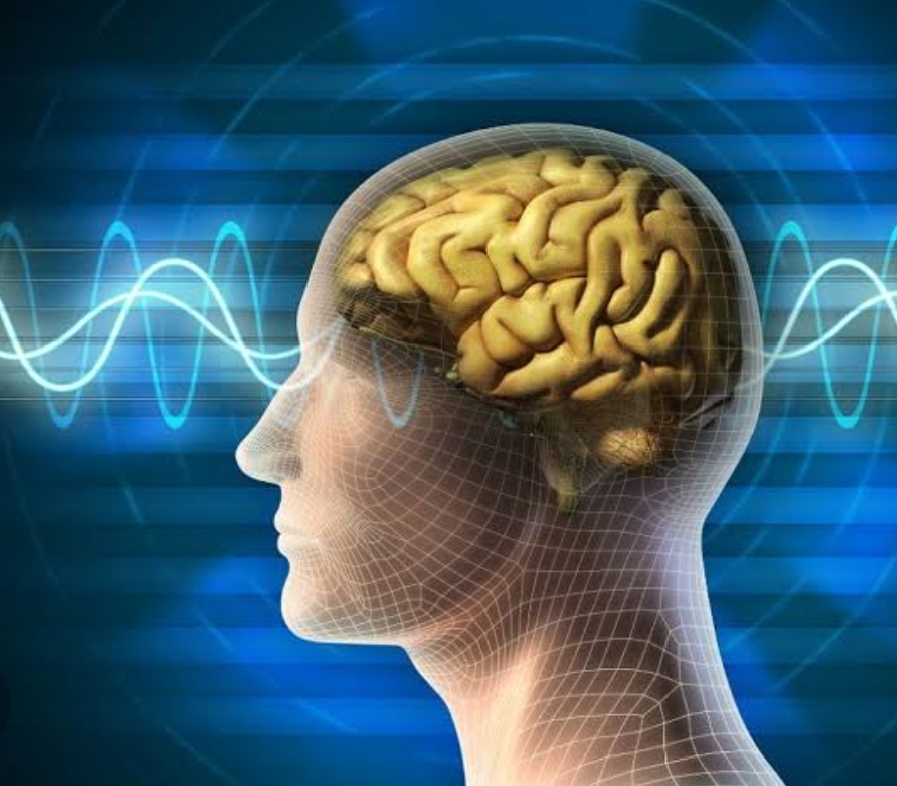




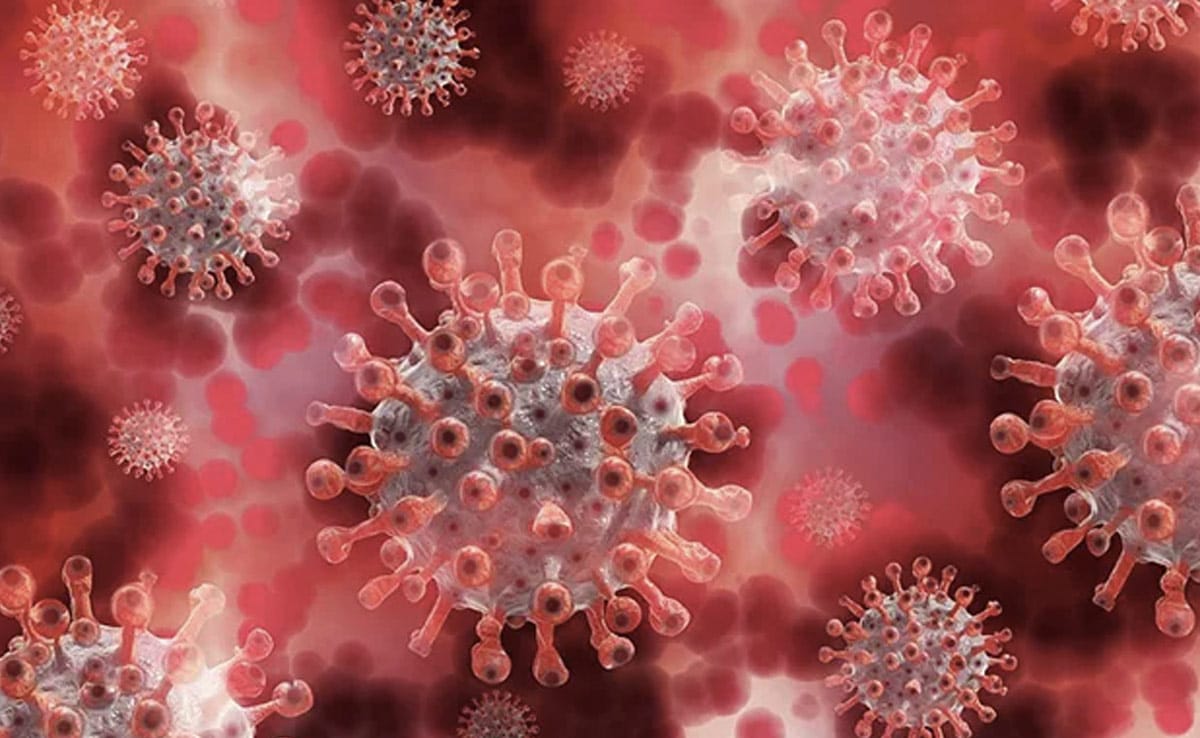




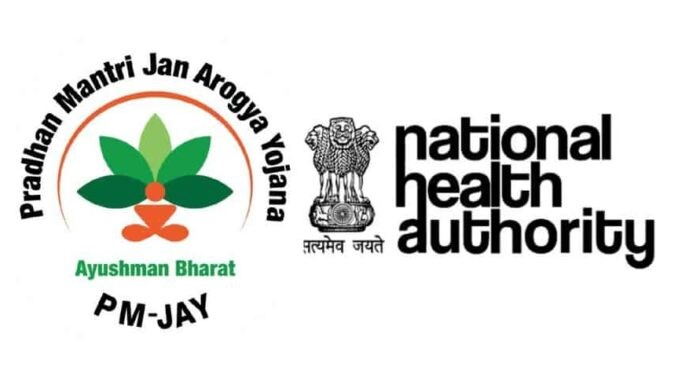


.jfif)




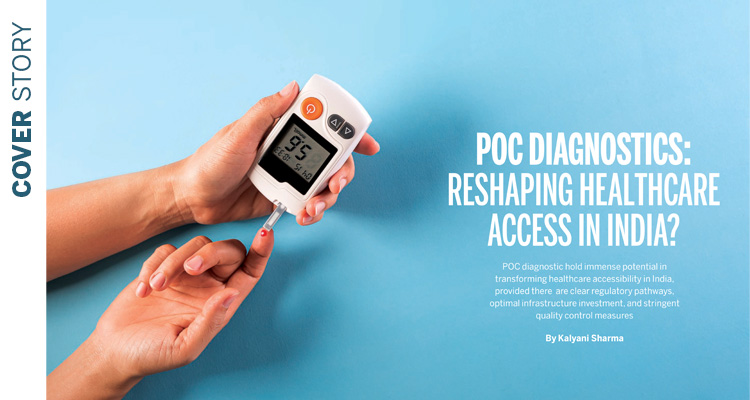
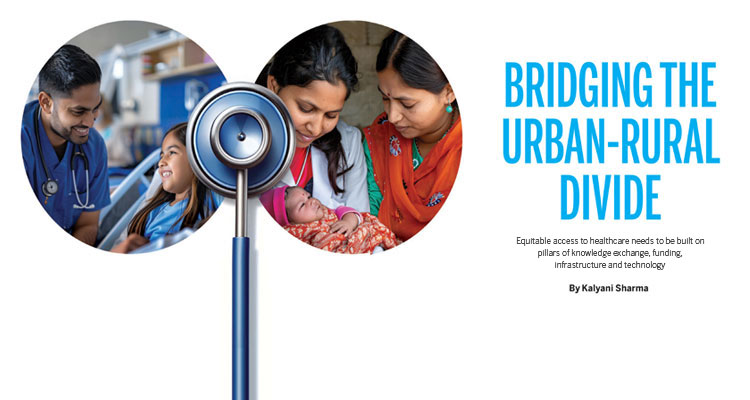



























































































.png)
 (1).png)























